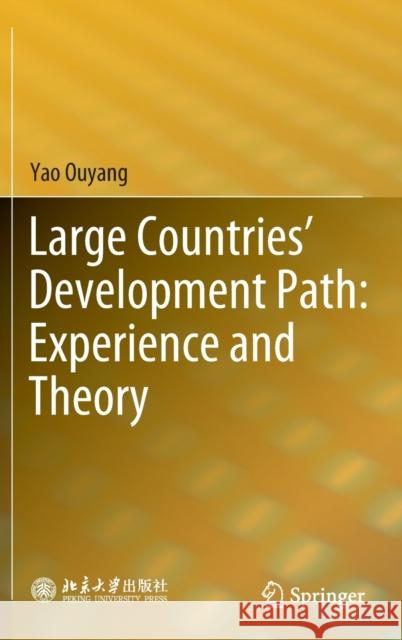Large Countries' Development Path: Experience and Theory » książka
topmenu
Large Countries' Development Path: Experience and Theory
ISBN-13: 9789811656941 / Angielski / Twarda / 2022 / 290 str.
Large Countries' Development Path: Experience and Theory
ISBN-13: 9789811656941 / Angielski / Twarda / 2022 / 290 str.
cena 221,37
(netto: 210,83 VAT: 5%)
Najniższa cena z 30 dni: 192,74
(netto: 210,83 VAT: 5%)
Najniższa cena z 30 dni: 192,74
Termin realizacji zamówienia:
ok. 16-18 dni roboczych.
ok. 16-18 dni roboczych.
Darmowa dostawa!
Kategorie BISAC:
Wydawca:
Springer
Język:
Angielski
ISBN-13:
9789811656941
Rok wydania:
2022
Wydanie:
2022
Ilość stron:
290
Waga:
0.71 kg
Wymiary:
23.39 x 15.6 x 2.24
Oprawa:
Twarda
Wolumenów:
01
Dodatkowe informacje:
Wydanie ilustrowane











